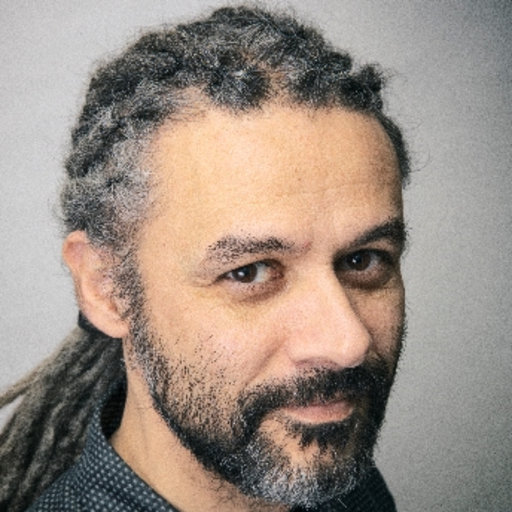Connect with...
Stefan Persaud
Being a teacher means being engaged in a never-ending process of self-discovery. Working on Productive Failure and its relation to retention and transfer of knowledge and skills, I ask myself: When and how does learning take place for me? What conditions need to be met and would what I ask of my students work for me? I love working on education initiatives like IDEE and my work as an Education Fellow, because they offer splendid opportunities for learning and self-discovery.
Background
Stefan Persaud is a full-time lecturer at the faculty of Industrial Design Engineering, with a background in both design education and the design industry. Ever since 2006, Stefan has been teaching and supervising students, something he does with seemingly inexhaustible time and energy. Being a full-time lecturer, Stefan nonetheless finds it important to contribute to the improvement of education for students and his fellow colleagues through research in education. During the past two years, Stefan developed a strong interest in the pedagogical framework of Productive Failure (PF) and in 2023 he was awarded an Education Fellowship to continue his work in this area. Stefan strongly endorses the core idea of PF, which is that making mistakes and learning not to fear this, but to embrace it, is essential to deep-learning.
Towards IDEE
When Stefan first heard about IDEE, he immediately saw a strong connection between his work on PF and the IDEE theme of Retention of Knowledge and Skills. The main reason for this being that the application of the PF framework in education is thought to enhance retention and transfer of knowledge and skills. Stefan sees IDEE as a wonderful opportunity to bring his work as an Education Fellow to IDEE and, of course, the other way around. The way Stefan sees it, he can contribute through his expertise in PF, whilst at the same time learning much about the theory behind retention and how to enhance this in engineering education practices.
As part of IDEE
“Being a teacher means being engaged in a never-ending process of self-discovery. Working on Productive Failure and its relation to retention and transfer of knowledge and skills, I ask myself: When and how does learning take place for me? What conditions need to be met and would what I ask of my students work for me? I love working on education initiatives like IDEE and my work as an Education Fellow, because they offer splendid opportunities for learning and self-discovery.”
Did you know that ...?
- For Stefan, the relationship between a student and teacher is the beating heart of education practices.
- Stefan’s efforts in education are highly appreciated by students and colleagues alike. This is evident from the many nominations he has received – and won – for the PLUIM awards as “most inspiring teacher”. In 2021, Stefan got selected as IDE’s Teacher of the Year.
- Stefan, together with Bas Flipsen, got awarded a NWO Comenius Teaching Fellowship in 2020. In September 2024, the end result of this Comunius grant will be published: “CONNECT, the secret formula of coaching design teams”. You can read more about this project here.
- Stefan, together with Bas Flipsen, published a paper on ‘Productive Failure Pedagogy in Engineering Mechanics’.
- When Stefan is not engaged in his myriad teaching and education activities, he likes to make music with his band.
Productive Failure for Engineers: Embracing Mistakes in Engineering Education
I am focused on the theory and method of Productive Failure (PF), which promotes learning from mistakes in engineering education. In the field of engineering education, there is a pressing need to shift from the conventional Direct Instruction model to Productive Failure, prioritizing problem-solving before instruction.
At TU Delft's Faculty of Industrial Design Engineering, my goal is to implement PF in the Understanding Product Engineering course and providing training for the teaching team. By doing so, I aim to enhance students' understanding, critical thinking, and problem-solving abilities. The current emphasis on correct answers and point accumulation hampers deep learning and fails to integrate theoretical knowledge into design projects.
Through embracing PF, students will actively engage in collaborative problem-solving, reflect on their actions, and receive formative feedback from both teachers and peers.
I will share the project outcomes through workshops, a dedicated blog, conference papers, and open educational resources. My intention is to enable other educators to benefit from my research and enhance engineering education across various institutions.
